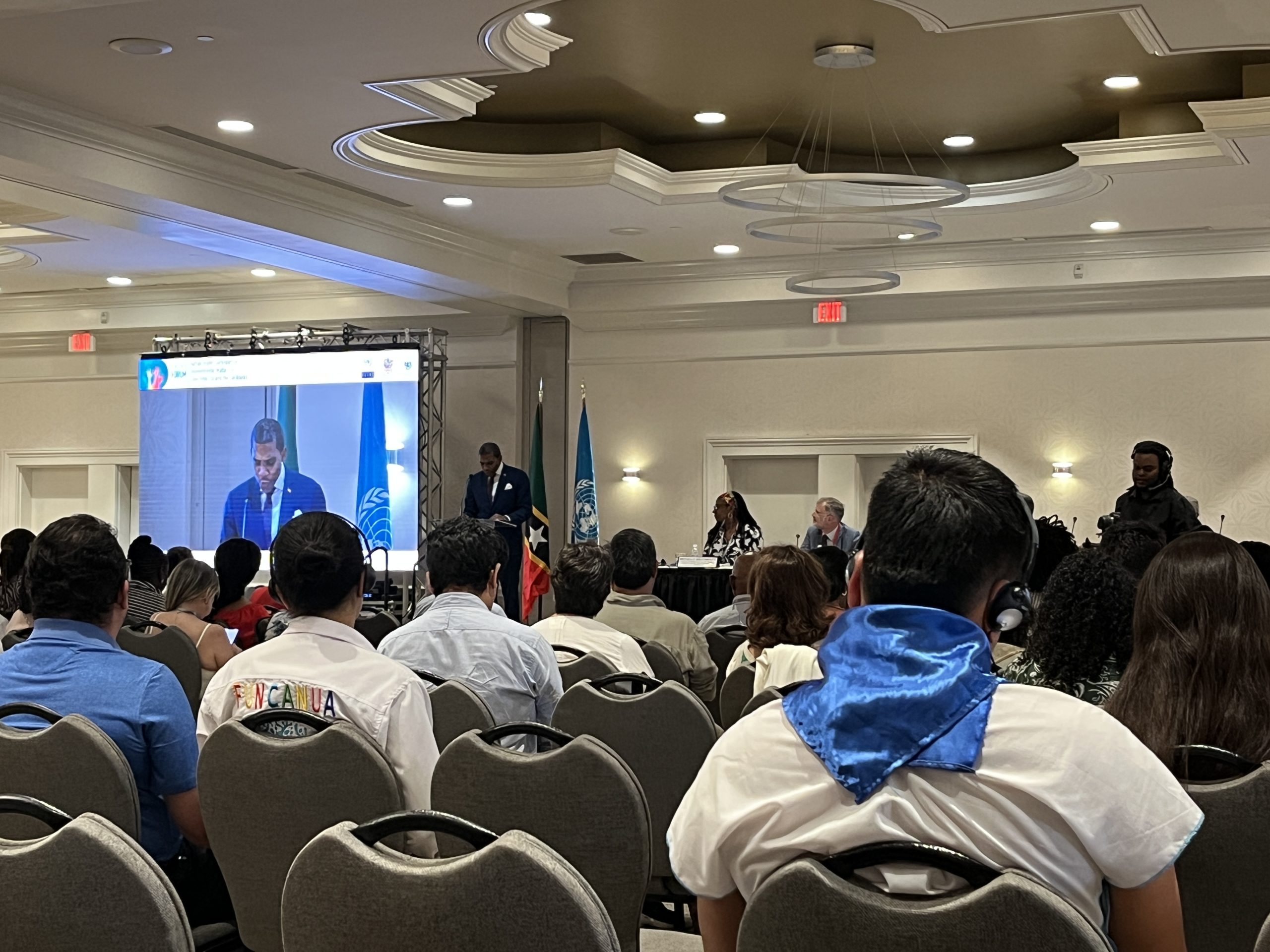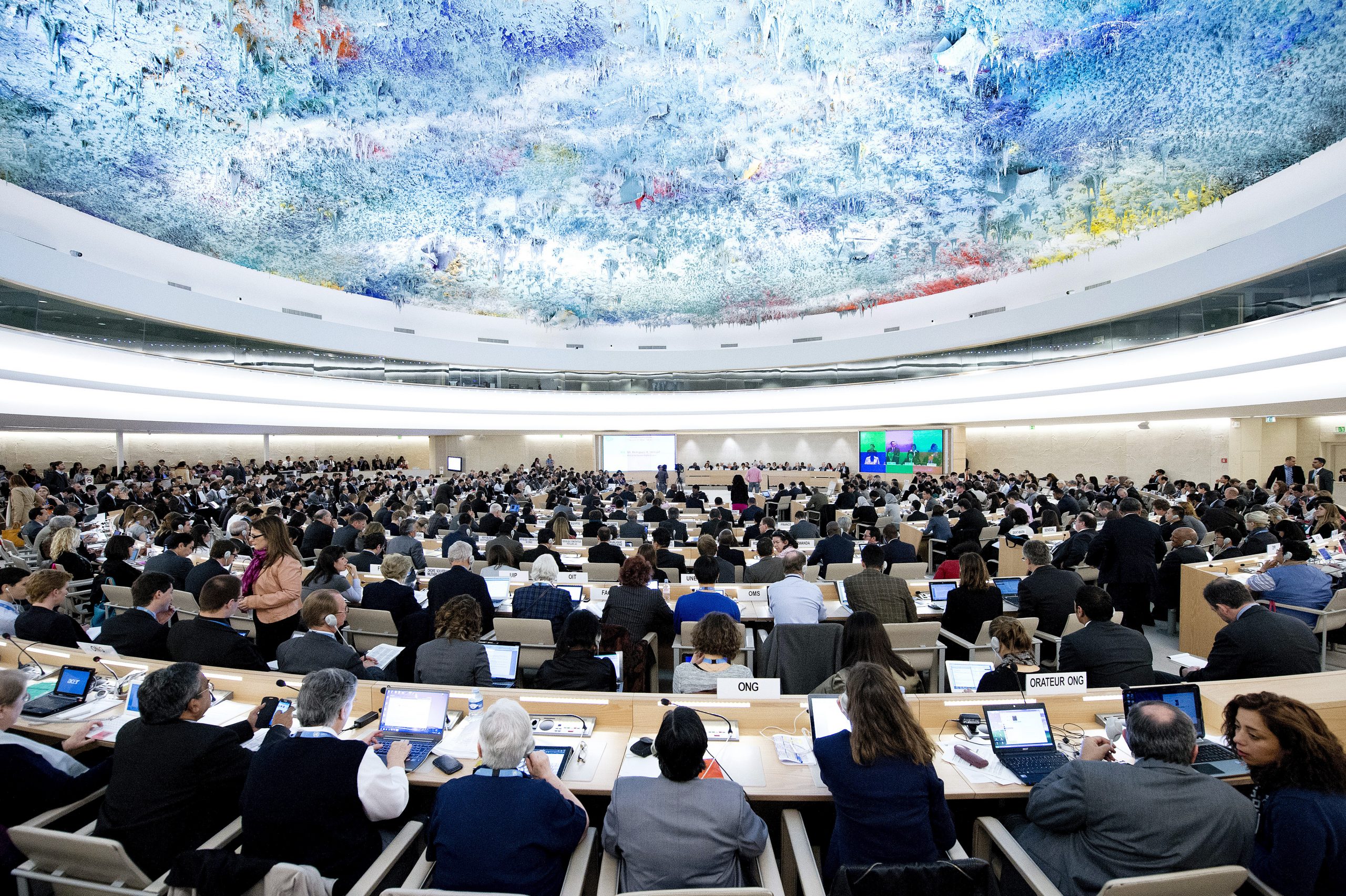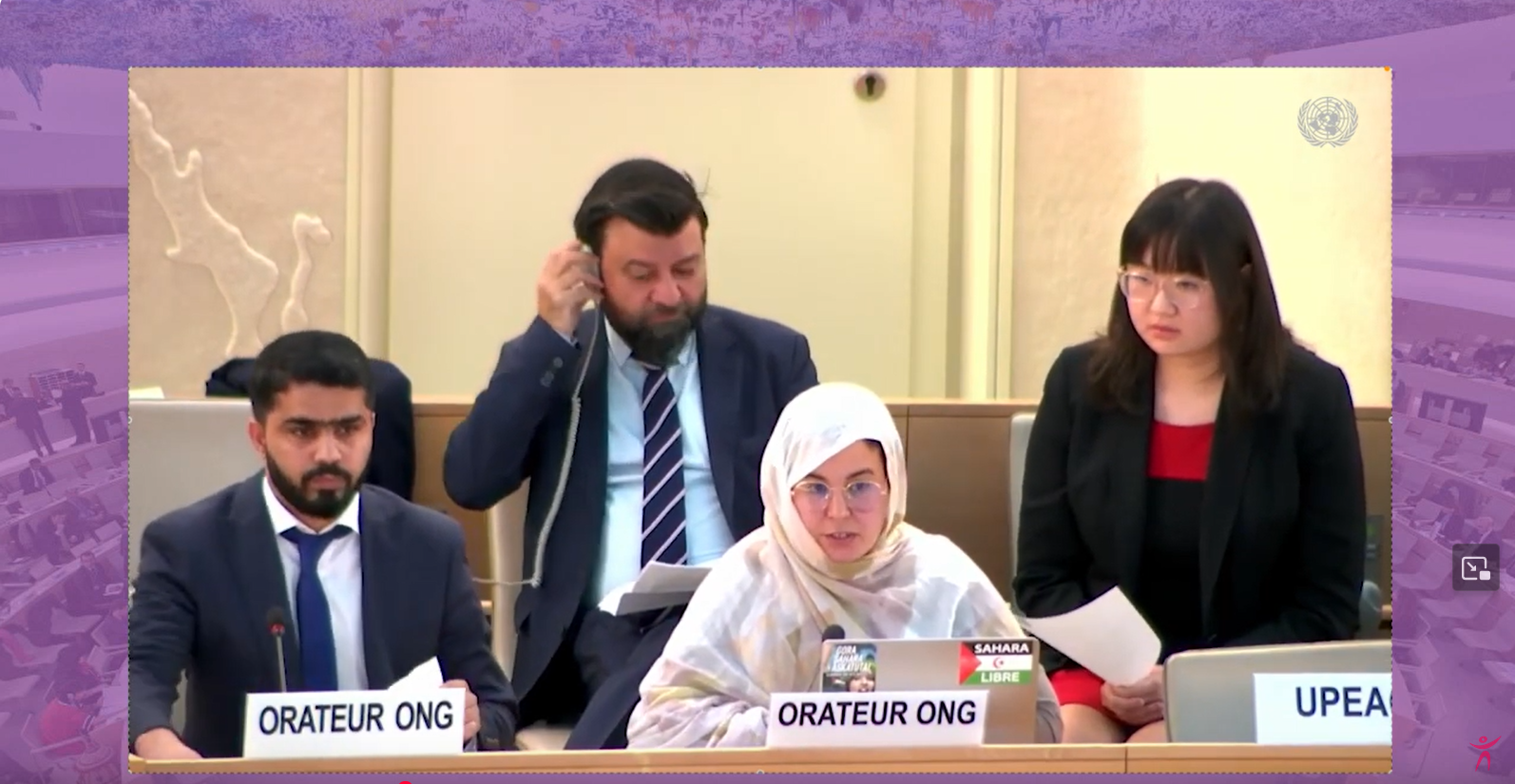(Geneva) – The UN Human Rights Council has missed a significant opportunity to strengthen the protection of human rights defenders who work to promote corporate respect for human rights and corporate accountability for human rights violations, the International Service for Human Rights said today.
During its current session in Geneva, the Council has adopted two resolutions on the topic of business and human rights. One resolution, led by Norway, Argentina, Ghana and Russia, focuses on national implementation of the UN Guiding Principles on Business and Human Rights, renewing the mandate of the UN Working Group on Business and Human Rights, and examining ways in which to enhance access to justice for victims of corporate violations. That resolution was adopted by consensus. The other resolution, led by Ecuador and South Africa, establishes an inter-governmental process to begin the development of a treaty ‘to regulate, in international human rights law, the activities of transnational corporations and other business enterprises’. That resolution was adopted by 20 votes to 14 (with 13 abstentions).
While both resolutions contain paragraphs which recognise the valuable role played by civil society organisations in promoting corporate respect for human rights and exposing and seeking remedy for corporate violations, they both fall well short of NGO calls to recognise the worsening risks and attacks that human rights defenders who work on issues of business and human rights face, and the obligations of States to protect and support them in this regard.
‘We welcome the acknowledgment in both resolutions of the positive and constructive role that human rights defenders play in promoting corporate responsibility and working with business to identify and mitigate human rights risks and impacts,’ said ISHR Director Phil Lynch.
‘However, with increasing attacks against human rights defenders who work on issues of corporate accountability, the vast majority of which are perpetrated with impunity, it is deeply regrettable that neither of the resolutions on business and human rights adopted at this session recognises the risks they face nor the legal obligations of States to prevent, investigate and pursue accountability for these attacks. This failure is a victory for impunity and fundemantally incompatible with the purported commitment of the sponsors of both resolutions to protect and support victims of business-related human rights abuses,’ Mr Lynch said.
While broadly welcoming the adoption of both resolutions, ISHR regrets that the sponsors of each were not able to negotiate a single consensus-based text and, in particular, that Ecuador and South Africa pushed for a decision on their resolution while negotiations were still ongoing.
‘While the negotiation of these resolutions has been difficult and, at times, divisive, it is imperative that all stakeholders now work together in a positive spirit to ensure both the effective implementation of the UN Guiding Principles and the development of a treaty on business and human rights that strengthens corporate accountability for human rights violations and access to justice for their victims,’ said ISHR’s Director of Human Rights Council Advocacy, Michael Ineichen.
‘In relation to the Guiding Principles, States should develop National Action Plans which include policies and measures to protect and support human rights defenders. In the elaboration of a treaty, the process should ensure the full participation of human rights defenders and communities affected by business operations, particularly energy, extractive and resource industries and major development projects,’ Mr Ineichen said.
Mr Ineichen also said that while ISHR supports the development of a treaty on business and human rights, such a treaty should complement and build on the Guiding Principles and not dilute or undermine them in any way. ‘In this regard, ISHR regrets that the process initiated by Ecuador and South Africa purports only to regulate transnational corporations and not domestic enterprises. States that are serious about business and human rights should impose the same standards on domestic corporations, including State-owned enterprises, as they seek to impose on corporations headquartered abroad,’ Mr Ineichen said.




